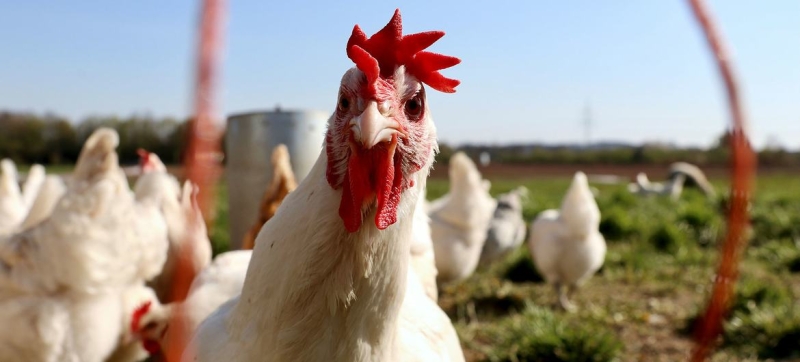
There is a need to strengthen biosafety and biosecurity measures in poultry farming. New avian influenza variants: FAO calls for immediate action to prevent pandemic Healthcare
Since the end of 2023, there has been an increase in the number of cases of avian influenza among humans and the spread of the virus to new species of animals. The Food and Agriculture Organization of the United Nations (FAO) calls for rapid efforts to combat the spread of infections in the Asia-Pacific region.
After a long period of minimal human infections, 13 new cases have been reported in Cambodia since late 2023, as well as cases in China and Vietnam. The situation is complicated by the emergence of a new variant of bird flu.
New virus variants
The highly pathogenic H5N1 avian influenza virus has spread more widely than ever before, reaching South America and Antarctica. New species of wild and domestic animals have been infected, including marine mammals, pets, mammals farmed for fur, and more recently ruminants, including dairy cattle.
While the Greater Mekong Subregion, Indonesia, and the Philippines are facing increased attention due to their environmental conditions and limited biosecurity measures in these countries, other regions also remain at risk. In particular, India, Nepal, and Bangladesh are currently struggling with outbreaks of avian influenza.
“Since late 2023, we have seen an increase in human cases and the spread of the virus to new animal species. The emergence of new strains of A/H5N1, which are more transmissible, increases the threat of a pandemic. “Immediate, coordinated preventive measures are needed,” said Kachen Wongsathapornchai, Regional Manager of the FAO Emergency Centre for Transboundary Animal Diseases.
Country Efforts
FAO stresses that countries must work together to implement comprehensive surveillance systems, including whole genome sequencing to track the spread and evolution of the new virus. In particular, rapid diagnostic technologies and bioinformatics for data analysis are needed. Enhanced data sharing is essential for a holistic approach to disease management, FAO experts say.
Biosecurity and biosafety measures in poultry production also need to be strengthened. In addition, raising awareness among health workers and the public is important to reduce the risk of transmission of infection from sick or dead poultry to humans and to ensure timely treatment, FAO reminds.
Read also:
